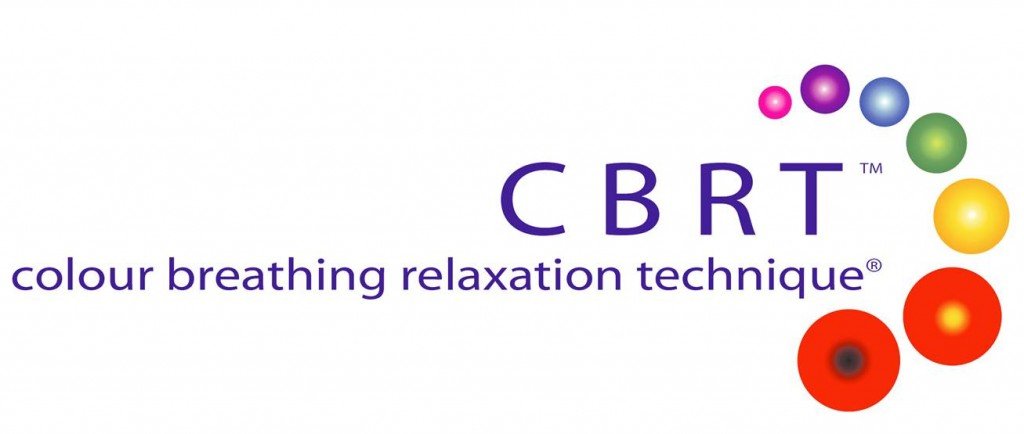Effective Stress Management
By Professor Terry Looker and Dr. Olga Gregson, Authors of "Teach Yourself Managing Stress*."
About Stress
Today, many say that we live in an age of stress. The fast-paced, highly competitive, complex, crowded and polluted environment is held responsible for what seem to be at times, intolerable demands and pressures on our time and energy. Yet, for most of us, we live in a society where our essential needs can be met readily; food, water, shelter and warmth are easily available and science and technology has improved the quality of our lives yet despite all this we frequently hear people saying, “I feel stressed: my mental and physical health, my relationships and my work performance are suffering”. Never before has it been so important for us to find ways and time to unwind.
Managing stress is a skill we can learn and practise but before we begin it is helpful to understand what we are dealing with; know thy enemy!
Stress defined
Stress affects everyone. It is a mental and physical state, which is a necessary and essential part of our lives. We need our stress response to adapt to the continual changes of our environment and to keep us on our toes to survive. Stress is normal and necessary for life.
The stress response evolved to enable us to deal with life-threatening dangers by quickly preparing the body for physical action: to stand and fight or to run away. For our early ancestors in a harsh and inhospitable environment, threats were predominantly physical and satisfying the need for food and warm shelter was a struggle.


